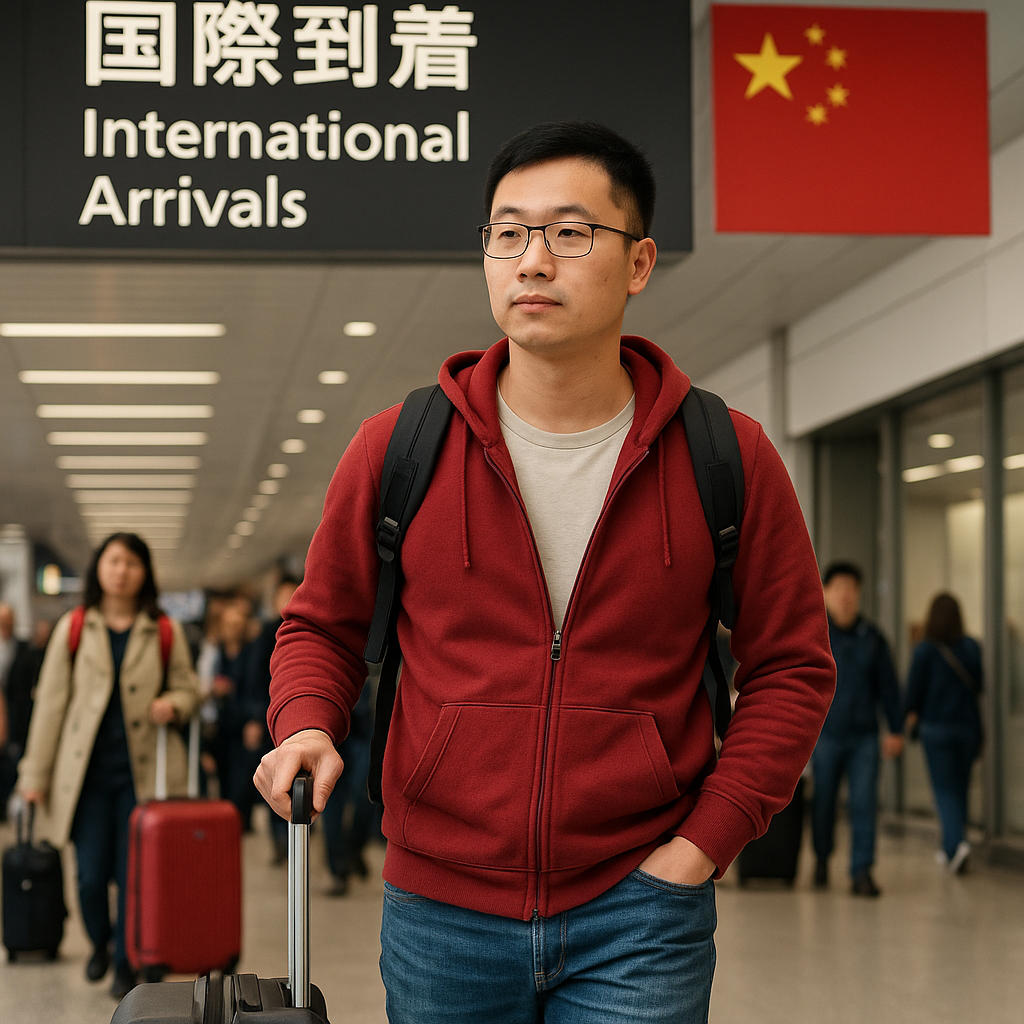In recent years, Japan has witnessed a notable surge in immigration from China, especially among individuals leveraging the “Business Manager” visa—known officially as the Keiei-Kanri visa. This visa allows foreign nationals to live in Japan by starting a business with a capital of at least ¥5 million (approx. $35,000 USD) and securing a physical office or facility. While the requirements might seem daunting, Chinese social media has reframed the process as surprisingly accessible.
An Accessible Gateway to Japan
Chinese platforms such as Xiaohongshu (RED) have become hotspots for sharing immigration hacks, tips, and success stories. Posts frequently claim that “no Japanese language skills are needed” and that “no age or academic restrictions apply” to secure the visa—an attractive proposition for many aspiring entrepreneurs.
One of the most popular routes suggested by influencers and consultants is starting a minpaku—a short-term vacation rental similar to Airbnb. Compared to opening a restaurant or retail shop, managing a minpaku is perceived as low-risk and low-effort, especially in tourism-heavy cities like Osaka or Kyoto.
Case Study: Ms. Zhang’s Story
Zhang Hua (alias), a 32-year-old woman from Sichuan, China, arrived in Osaka in February 2024. After years of running a Japanese restaurant back home, her frequent business trips to Japan sparked a fascination with Japanese culture and lifestyle.
Encouraged by content on Xiaohongshu, she purchased a renovated 50-year-old wooden house in Osaka’s Tennoji district for around ¥30 million (approx. $210,000 USD). With help from a Chinese administrative scrivener (行政書士) she found on RED, she obtained her visa in just three months. Today, she manages a fully operational minpaku and lives with her 6-year-old son, while planning to bring her husband to Japan in the near future.
Osaka’s “Mini Real Estate Boom”
The influx of Chinese-owned minpaku properties has had a noticeable effect on the local real estate market. According to Professor Yoshihisa Matsumura of Hannan University, 41% of all “Special Zone Minpaku” licenses in Osaka (as of the end of 2024) were issued to individuals or companies with Chinese names. Notably, more than half of these licenses were granted after 2022, indicating a post-COVID boom.
Unlike standard minpaku rentals, which are limited to 180 days per year under Japan’s Minpaku Law, Special Zone Minpaku—allowed in designated deregulation areas—can operate year-round, making them especially appealing to investors.
Concerns from Local Residents
While many Chinese entrepreneurs are simply pursuing a better life, their rapid presence in traditionally quiet residential neighborhoods has sparked concern. Residents have expressed unease about unfamiliar guests, increased noise, and the conversion of family homes into transient rental spaces.
Moreover, many of these businesses are run without direct involvement from the owners, relying instead on third-party management services, often also run by Chinese-speaking staff. This lack of community integration can exacerbate tensions.
The Future of Immigration and Entrepreneurship in Japan
Japan’s demographic challenges—including a declining birthrate and aging population—have forced policymakers to reconsider their stance on foreign immigration and labor. While business visas are not new, their increasing popularity among Chinese citizens signals a shift in how Japan may be perceived: not just as a travel destination, but as a viable place to live and build wealth.
Still, questions remain. Can local infrastructure support this wave of entrepreneurs? Are communities prepared to accommodate this new diversity? And perhaps most importantly, how will Japan balance its need for global talent with the concerns of its residents?
As Chinese-language social media continues to highlight the ease of moving to Japan, the trend shows no signs of slowing.


